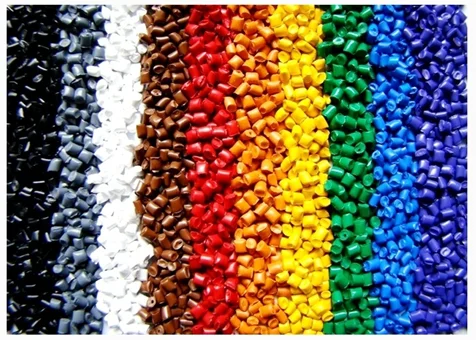


When it comes to modern kitchens, the cooktop is a central element that combines both functionality and style. Among the various types of cooktops available, glass cooktops have gained popularity for their sleek design and ease of cleaning. However, one of the most critical factors to consider when choosing a glass cooktop is its heat resistance. In this blog, we'll delve into what makes cooktop glass heat-resistant, how it performs under extreme temperatures, and why it's a reliable choice for your kitchen.
What is Cooktop Glass?Cooktop glass, often referred to as "ceramic glass" or "tempered glass," is a specially engineered material designed to withstand the high temperatures and rapid temperature changes typical of cooking. Unlike regular glass, cooktop glass is created through a process that enhances its thermal and mechanical strength, making it ideal for use in kitchen appliances.
How is Cooktop Glass Made?The heat-resistant properties of cooktop glass are achieved through a manufacturing process known as tempering or chemical strengthening. During this process, the glass is heated to very high temperatures and then rapidly cooled. This treatment increases the glass's strength and resistance to thermal shock, allowing it to endure the intense heat generated by the burners without cracking or breaking.
Another type of cooktop glass is ceramic glass, which is made by crystallizing glass at a high temperature. This process results in a material that can withstand even higher temperatures and is more resistant to thermal expansion and contraction.
Heat Resistance: How Does It Work?Cooktop glass is specifically designed to resist high temperatures, typically up to 700-800°C (1292-1472°F), depending on the material and manufacturing process. The key to its heat resistance lies in its low thermal expansion coefficient, which means that the glass expands very little when exposed to heat. This property allows the glass to maintain its integrity and structure even when subjected to the intense and uneven heat from cooking burners.
In addition to withstanding high temperatures, cooktop glass is also resistant to thermal shock. Thermal shock occurs when a material experiences a sudden change in temperature, such as placing a cold pan on a hot surface. Regular glass might crack or shatter under these conditions, but tempered or ceramic glass is engineered to handle these rapid temperature fluctuations without damage.
Benefits of Heat-Resistant Cooktop GlassWhile heat-resistant glass cooktops are designed for high performance, it's essential to handle them with care to avoid potential damage:
Heat-resistant cooktop glass is a remarkable material that combines strength, durability, and aesthetic appeal. Whether you choose a tempered glass or ceramic glass cooktop, you can be confident that your cooking surface will withstand the high temperatures and demands of everyday use. By understanding the heat resistance of cooktop glass, you can make an informed decision when selecting the best cooktop for your kitchen, ensuring both safety and style in your culinary space.

